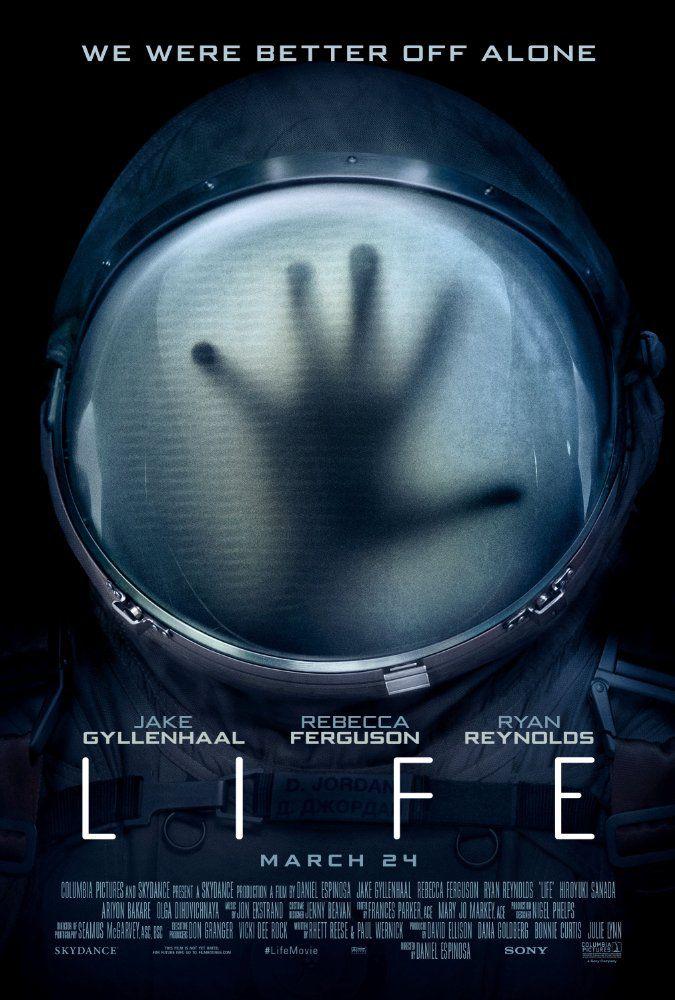After a slew of award-winning movies detailing human conquest in space-related adventures, “Life” reminds us that the unknown can be scary and dangerous.
STARS: 3/5
However, “Life” does not equal the current era of space movies, marked by winning awards outside of typical categories like cinematography, making it both subpar and refreshing.
In the film, the star-studded crew aboard the International Space Station picks up soil samples from Mars and finds a single-celled organism in hibernation, waiting for the right conditions to spring back to life. This martian rapidly grows from a single cell into your typical movie alien that looks like something straight from thousands of feet under the sea.
Set on the International Space Station, the film offers half-baked commentary on society. Jake Gyllenhaal’s aptly creepy character laments the evils of a war torn Earth, foreshadowing that he’d rather stay on the ISS, already holding the record for the most consecutive days in space.
“Life” throws out big concepts, hoping for something that will resonate with audiences. The international crew works together throughout the movie, and even the alien is made up of identical cells, functioning all at once as muscle, skin and nerve cells in what feels like an overt message about society, echoing recent sci-fi films.
It was as if director Daniel Espinosa took scenes and moments from every sci-fi thriller he’s ever seen and threw them together in a barely discernable order hoping to make a stellar space thriller.
Each scene feels as if it’s trying to achieve something that the movie as a whole just doesn’t reach. Compared to recent space films like “Interstellar,” “The Martian,” “Gravity” and “Arrival,” there is pressure to be more than just a fun space film, and “Life” does not live up.
The movie attempts this in many different ways, from international relations to media influence, suggesting that working for the betterment of society and inevitable failure make for interesting ideas, but they aren’t fully delivered in “Life.”
When naming the alien, the screen cuts to Earth for the first time to show an elementary-aged child naming the martian in Times Square before hundreds of cameras. The film tries to make it painstakingly obvious how huge this discovery is for all of us.
During a large portion of the movie, I found myself wondering if anyone on Earth realizes the battle raging above them and the sacrifices made as each astronaut takes a shot at destroying the alien.
In the end, it is this bleakness that makes “Life” unique. Despite the premise of finding new life so close to Earth, the movie does not offer any hopeful message for mankind. Ironically, and no doubt written before the genre shift, this feels fresh for a space thriller.
If audiences can stomach some spotty plotting and a dragging midsection, they will leave the film entertained, but do not expect to reminisce beyond the theater parking lot.
Rev Ranks: “Life” falls short compared to rival films, still unique
By Ryan Thaxton
March 29, 2017
“Life,” the sci-fi thriller starring Jake Gyllenhaal and Ryan Reynolds, was released March 24.
More to Discover








